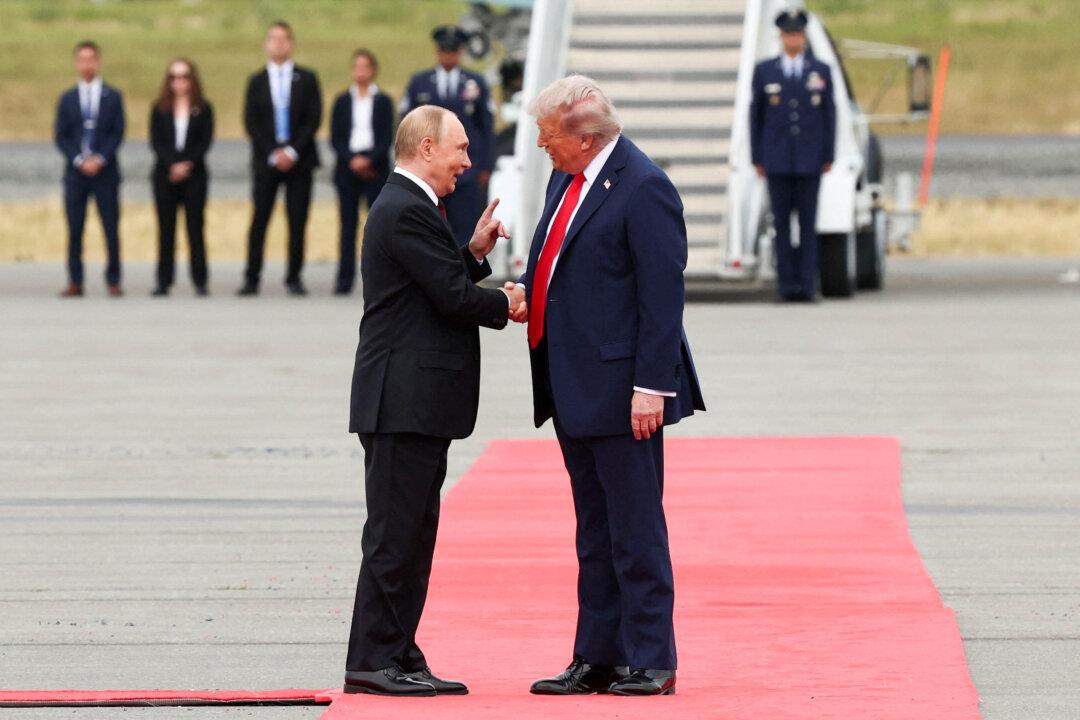This text appeared in the ‘Top Story’ email newsletter sent on Dec. 14, 2024.
Experts are urging Congress to do more to stop Chinese state-backed hackers that have infiltrated vast swathes of U.S. telecommunications infrastructure.The Senate held a hearing this week in the wake of multiple classified briefings with intelligence leaders about the Salt Typhoon cyber espionage group, which has reportedly maintained access to infrastructure owned and operated by major providers including Verizon, AT&T, and CenturyLink for years.





